Proofs Project Team
PI's
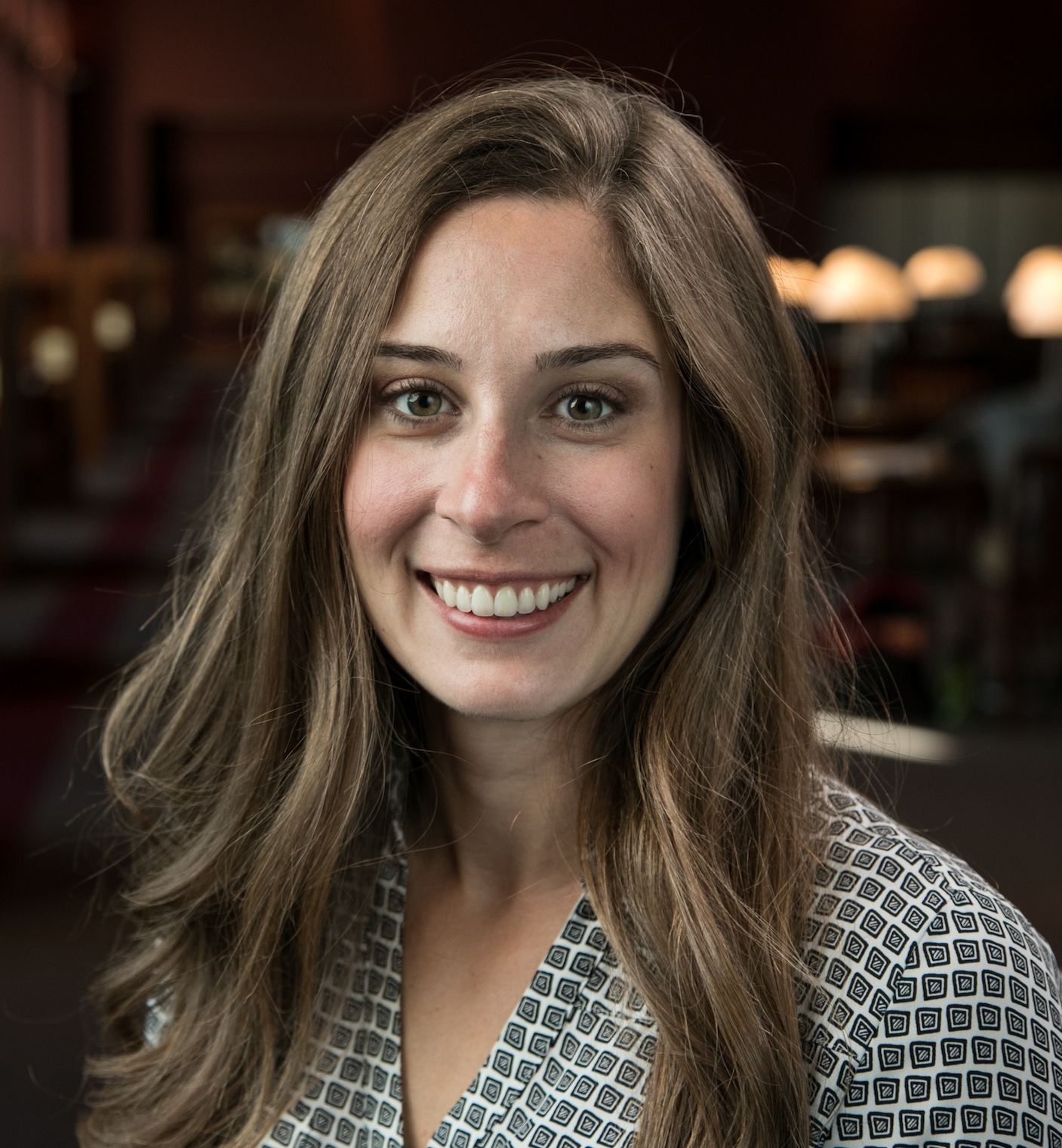
Rachel Arnold conducts research in mathematics education to develop psychological models for understanding how students learn mathematics. She is particularly interested in how students experience instruction as they transition from calculation to proof-based mathematics. She serves as PI on the NSF grant and Co-PI on the 4VA grant, which fund The Proofs Project. Dr. Arnold implements the findings of this project to design instructional tools for Virginia Tech's 3000-level mathematics courses that support students' abstraction of the fundamental logical reasoning necessary for success in advanced STEM study.
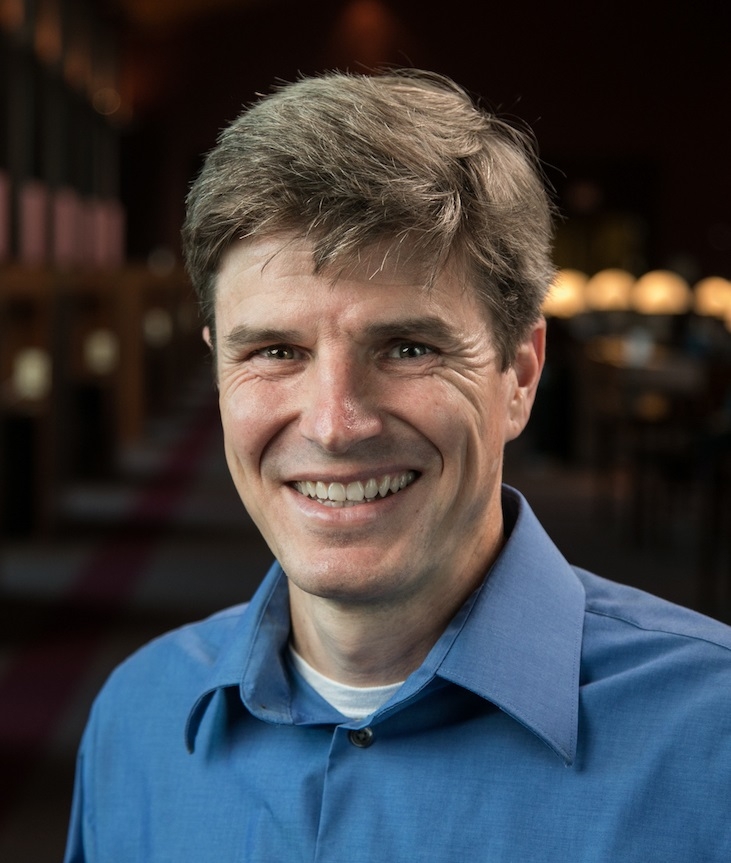
Andy Norton conducts research on the nature of logical-mathematical knowledge and how we, as humans, develop such knowledge. He serves as co-PI on the NSF grant and PI on the 4VA grant, which fund the Proofs Project. His main interest on the project concerns students' constructions of logical reasoning.
Team Members
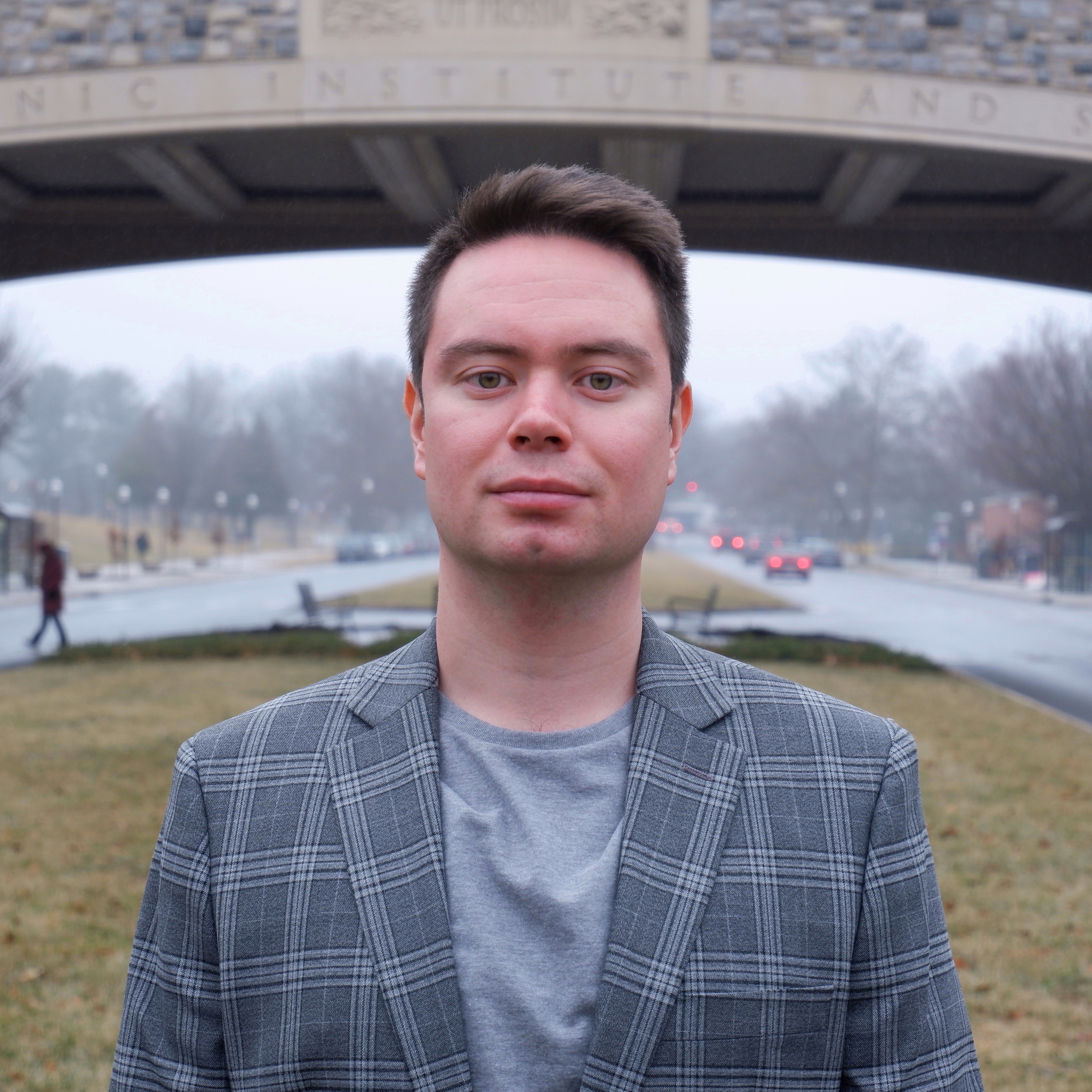
My research focuses on high-level mathematical cognition and cognitive offloading. Within the scope of the Project, I am interested in understanding what cognitive challenges undergraduate students experience while working with mathematical proofs and determining how they can successfully navigate these challenges.
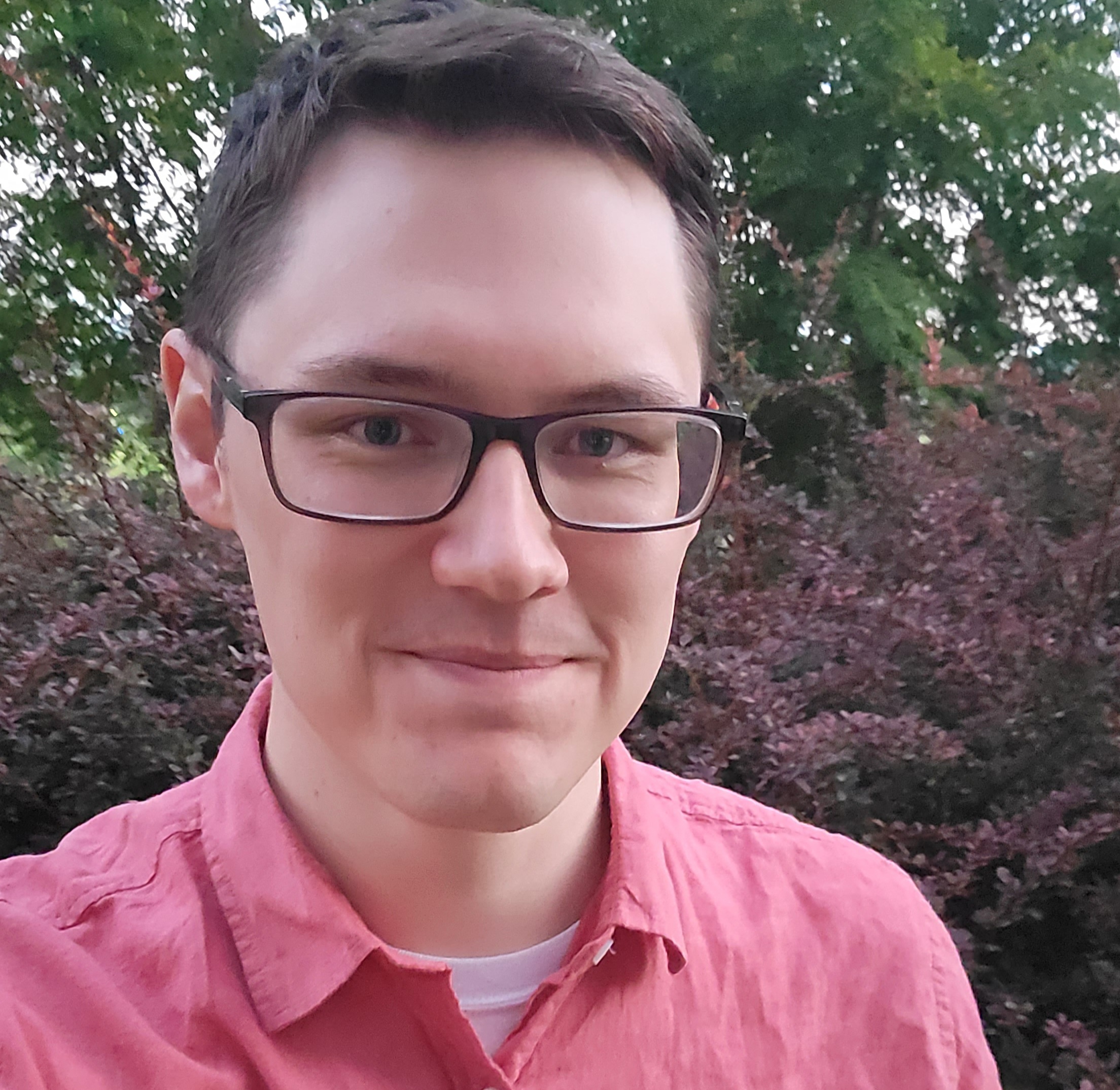
My research focuses on mathematical knowing and learning, particularly the mental actions and processes that students use in combinatorics and geometry. Within the Proofs Project, my interest is in students' reasoning about logical implications, especially using Euler diagrams.
Graduate Member(s)
Matt Furuta Park
Undergraduate Member(s)
Key Xu
Alejandro Ortuno
Partners
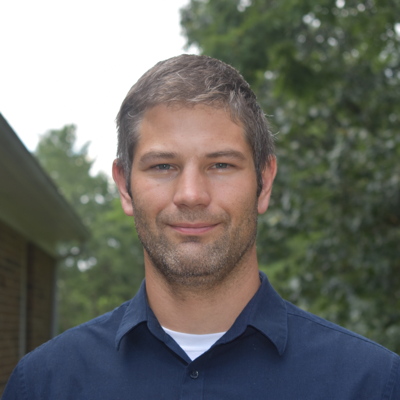
David Duncan began teaching mathematics in 2004 and he received his PhD in mathematics in 2013. He is now an assistant professor at James Madison University, where he has been since 2018.

Paul Dawkins - Texas State University, San Marcos
Paul Christian Dawkins is an associate professor of mathematics education in the Department of Mathematics at Texas State University. He studies the teaching and learning of proof-based mathematics at the undergraduate level. He focuses particularly on real analysis, geometry, and logic. His teaching experiments focus on modeling student thinking about mathematical proofs and developing teaching sequences and learning trajectories by which students can learn the epistemology of mathematical proving. He received the Selden Award for research in undergraduate mathematics education from the Mathematics Association of America.
Paul enjoys his family, his church, his job, food, beer, whiskey, video games, and reading. He also runs quite a bit, but “enjoy” might be too strong a word in that regard.

Guershon Harel (University of California at San Diego)
Guershon Harel is a professor of mathematics at the University of California, San Diego. He has contributed greatly to the mathematics education research community through his work on advanced mathematical thinking, including the introduction of constructs directly relevant to our project, such as intellectual need and quasi-inductive reasoning. Dr. Harel will advise the research team on the role of such constructs in addressing epistemological obstacles.
Barbara Shipman (University of Texas, Arlington)
Barbara Shipman is an Associate Professor and Distinguished Teaching Professor in the Department of Mathematics at The University of Texas at Arlington. She completed her doctoral studies in mathematics at the University of Arizona, where she initiated the Department's student-led graduate seminar. Before coming to Texas, she held a three-year position at the University of Rochester in New York.
Dr. Shipman has received support from the National Science Foundation as well as teaching awards for her mentoring and creative work in the classroom, including the 2010 Regents' Outstanding Teaching Award from The University of Texas System. She is a member of the University of Texas System Academy of Distinguished Teachers. To complement her work in differential geometry, Dr. Shipman enjoys rethinking foundational concepts and definitions in new and creative ways. She regularly teaches seminar-style capstone courses, where she likes to look for deep answers to simple questions together with curious students.
Barbara enjoys running, hiking, cooking, and birding, and plays the violin and viola. She also likes to learn about nature and the chemistry and biology of how healthy foods work.


